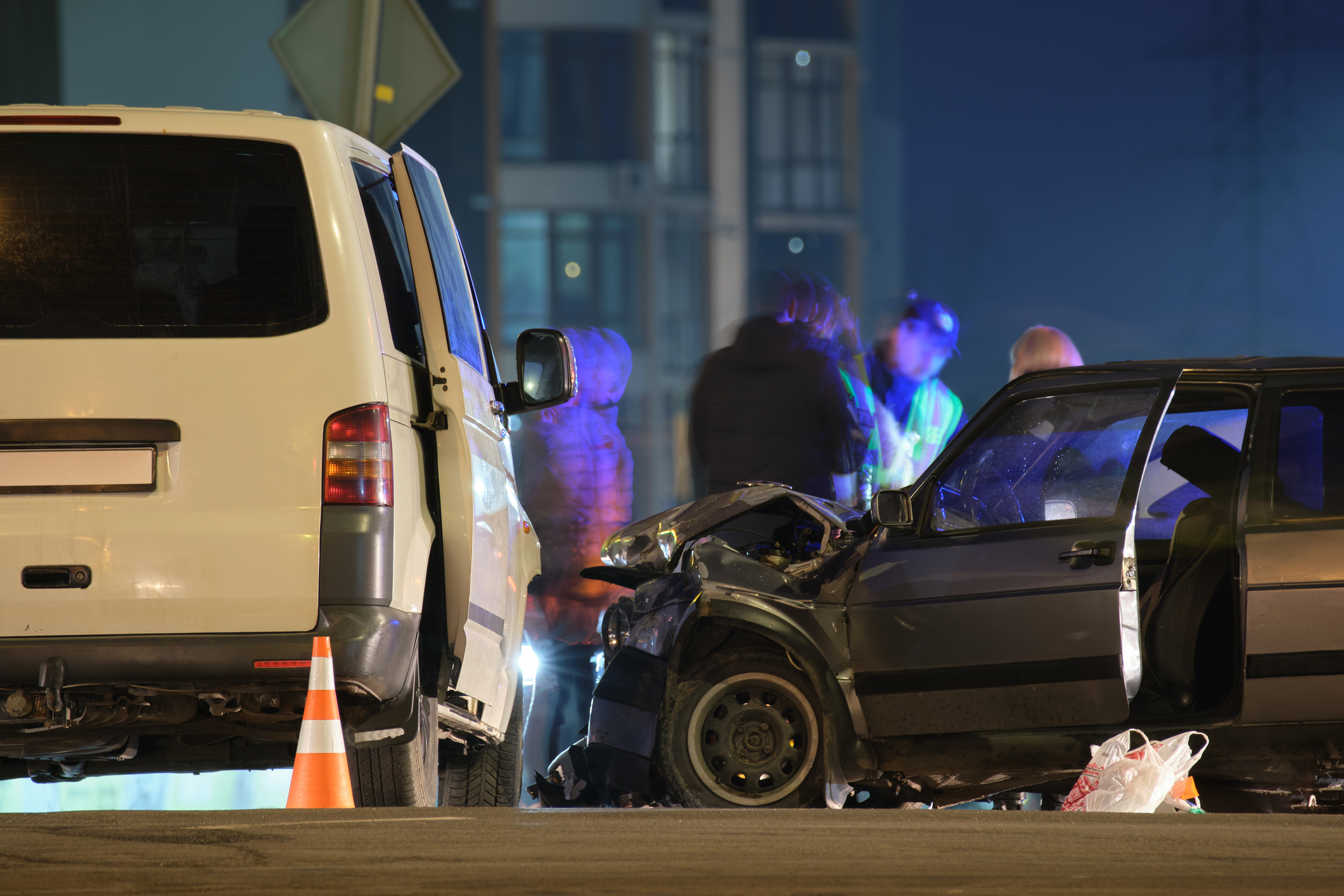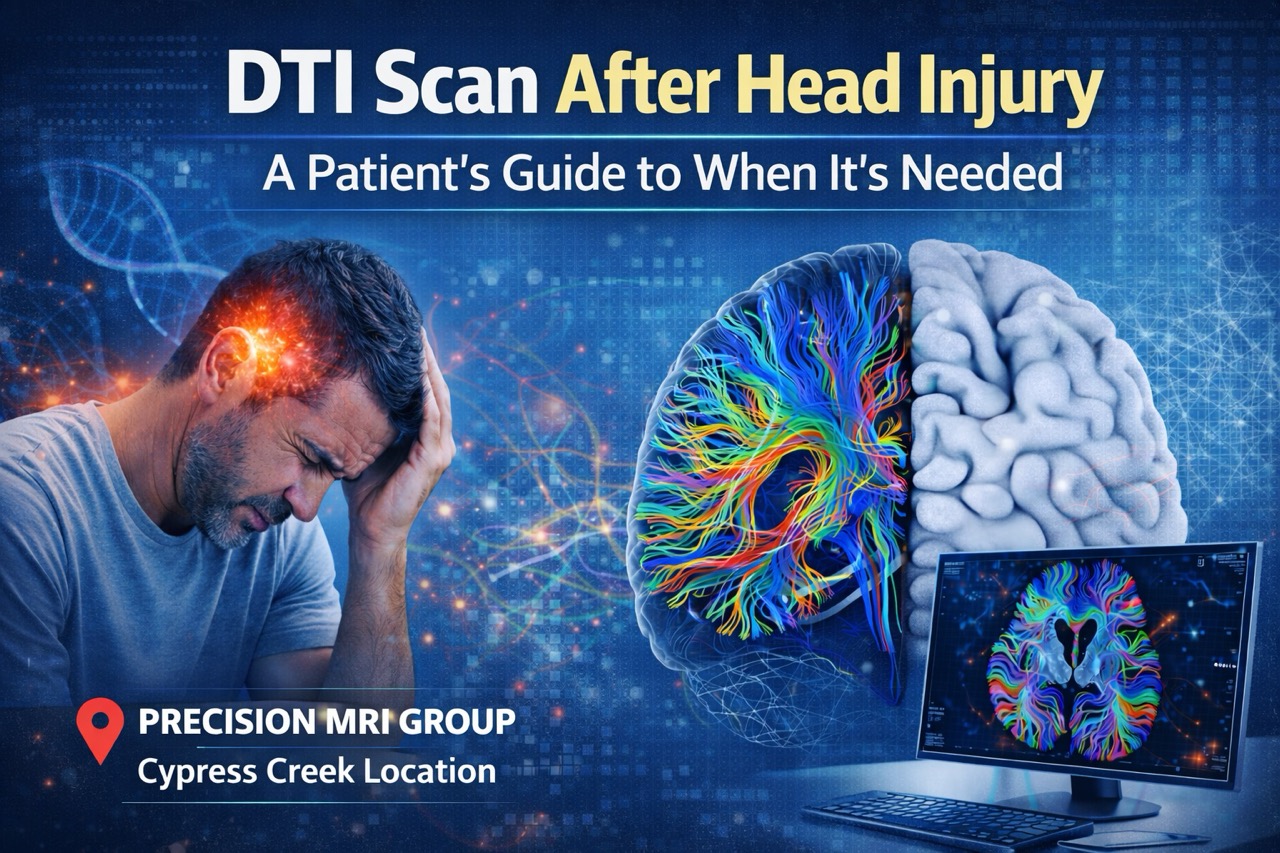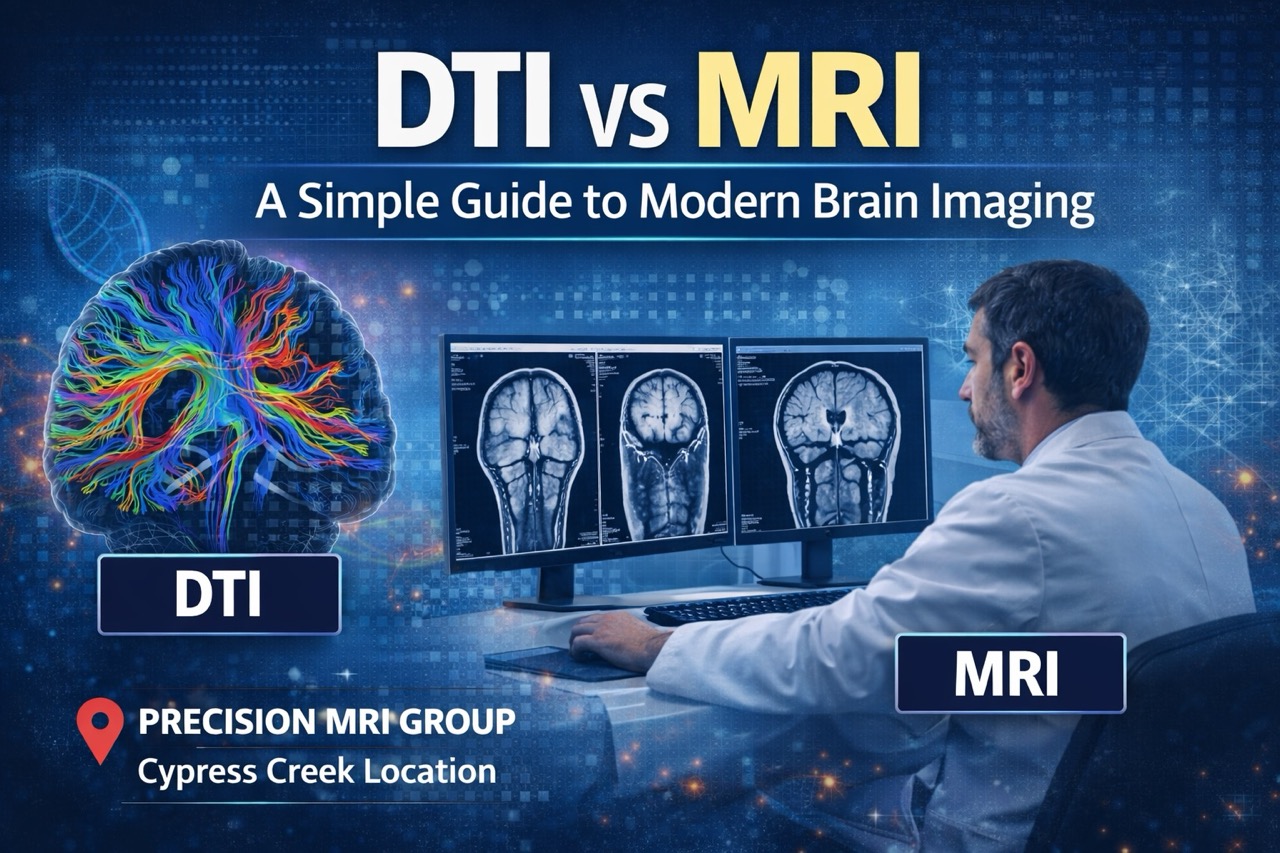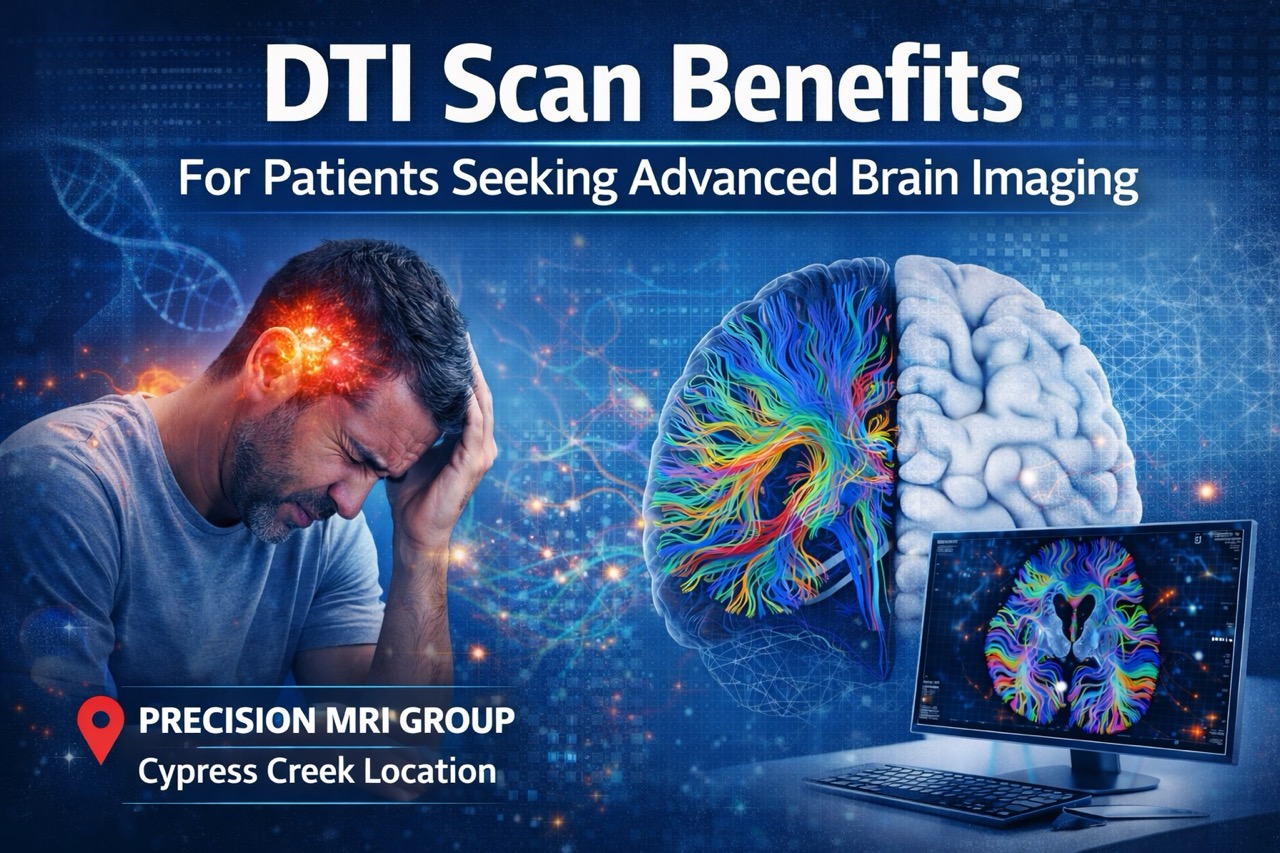Why You Should Get an MRI Instead of an X-Ray After a Car Accident
Car accidents can be jarring, leaving you shaken, confused, and, most importantly, concerned about your health. In the aftermath of a crash, ensuring that you’re truly okay is paramount. This is where medical imaging becomes crucial. The choice between an X-ray and an MRI can significantly affect your diagnosis, recovery, and any potential legal case. While X-rays are commonly used initially, Magnetic Resonance Imaging (MRI) often provides a clearer, more comprehensive view of injuries. Here’s why opting for an MRI might be a better choice after a car accident.
Understanding the Difference: X-Rays vs. MRIs
X-Rays: The Basics
- Radiation Use: X-rays use radiation to create images of the body’s internal structures. They are quick and relatively inexpensive, making them a common first step in diagnosing injuries.
- Best For: X-rays are particularly effective at revealing bone fractures, joint dislocations, and major structural issues.
- Pros: The process is fast, accessible, and cost-effective.
- Cons: X-rays are limited in their ability to show soft tissue injuries. They can miss crucial information about muscles, ligaments, nerves, and other soft tissues.
MRIs: The Basics
- Magnetic Fields: MRI uses strong magnetic fields and radio waves to produce highly detailed images of internal structures without using ionizing radiation.
- Best For: MRIs are excellent for visualizing soft tissues, including muscles, ligaments, tendons, nerves, and organs. They can detect subtle injuries that X-rays might miss.
- Pros: Provides a comprehensive view of soft tissue damage and can identify injuries not visible on X-rays.
- Cons: MRIs are more time-consuming and expensive compared to X-rays. They might also be less accessible in certain locations.
Why MRIs Are Essential After a Car Accident
Detecting Hidden Injuries
Car accidents can result in a variety of injuries, many of which might not be immediately apparent. While X-rays can effectively identify fractures, they often fall short in detecting soft tissue damage. Here’s why MRIs are vital for a complete diagnosis:
Whiplash and Cervical Spine Injuries
- Whiplash is a common injury in rear-end collisions. It occurs when the head is suddenly jerked forward and then backward, straining the soft tissues in the neck.
- MRI Benefits: Unlike X-rays, which can only show fractures, MRIs can reveal soft tissue swelling, ligament sprains, disc herniations, and nerve root compression. This detailed view helps in assessing the full extent of neck injuries and formulating an effective treatment plan.
Herniated or Bulging Discs
- Disc Injuries: The impact of a car accident can cause spinal discs to bulge or herniate, potentially leading to severe pain, numbness, or even paralysis.
- MRI Benefits: MRI provides a clear picture of the spinal discs, allowing doctors to see the location and severity of herniations, any pressure on nearby nerves, and surrounding soft tissue damage. This detailed imaging is crucial for determining appropriate treatments such as physical therapy, medication, or surgery.
Traumatic Brain Injury (TBI)
- TBIs can occur even if you don’t hit your head directly. The force of the collision can cause the brain to move inside the skull, leading to bruising, bleeding, or other forms of damage.
- MRI Benefits: X-rays can show skull fractures, but they cannot reveal internal brain damage. An MRI can detect brain contusions, diffuse axonal injury, subdural or epidural hematomas, and subtle changes in brain tissue that might indicate a concussion.
Lower Back Injuries
- Back Pain: Lower back injuries are common in car accidents. While X-rays can show fractures, they may not reveal more subtle issues.
- MRI Benefits: If you’re experiencing severe back pain radiating to your legs, or if you feel numbness or tingling, an MRI can identify spinal cord injuries, nerve root damage, or disc bulges that X-rays might miss.
Knee Injuries
- Complex Knees: The knee is a complex joint with ligaments, cartilage, and menisci that can be injured in a crash.
- MRI Benefits: An MRI provides detailed images of the knee’s internal structures, revealing injuries to ligaments, cartilage, and menisci. Even if X-rays appear normal, persistent knee pain could indicate hidden damage that an MRI can uncover.
Shoulder Injuries
- Rotator Cuff Damage: Shoulder injuries are common in car accidents, especially from impacts or gripping the steering wheel.
- MRI Benefits: An MRI can detect even small tears in the rotator cuff and other soft tissue injuries that might not be visible on X-rays, guiding appropriate treatment and rehabilitation.
Building a Stronger Legal Case
Comprehensive Medical Evidence
- Why MRIs Matter: MRI results provide clear, objective evidence of your injuries, which is crucial for legal claims. They offer a detailed record of injury severity and support your claims of pain and suffering.
- Impact on Claims: Insurance companies and defense attorneys often attempt to minimize injury claims. Having MRI results that clearly demonstrate your injuries can make it harder for them to dispute the seriousness of your condition.
Strengthening Your Case
- Clear Documentation: MRI images provide comprehensive documentation of your injuries, supporting your case in legal disputes and helping to secure fair compensation.
- Evidence of Severity: Detailed MRI reports can illustrate the extent of your injuries, supporting claims for higher damages and more comprehensive treatment.
Identifying Long-Term Health Concerns
Proactive Diagnosis
- Potential Issues: Some injuries may not cause immediate symptoms but can lead to chronic health problems if left untreated.
- MRI Benefits: By identifying potential issues early, MRIs allow for proactive treatment and better long-term outcomes. For example, minor disc bulges might not be painful initially but could lead to chronic back problems if untreated.
Examples of Long-Term Concerns
- Chronic Back Pain: Minor disc issues detected early can be managed to prevent long-term back problems.
- Brain Health: Subtle brain injuries might not show symptoms right away but can result in cognitive or emotional difficulties over time.

Guiding Appropriate Treatment
Tailored Treatment Plans
- Precision Care: An MRI provides a detailed view of your injuries, allowing your healthcare team to create a targeted treatment plan.
- Effective Solutions: With precise imaging, doctors can recommend specific physical therapy exercises, appropriate pain management strategies, or surgical options if necessary.
Avoiding Generalized Treatment
- Personalized Approach: Accurate MRI results ensure you receive tailored treatment, addressing your specific injuries rather than a one-size-fits-all approach.
Peace of Mind
Reassurance
- Health Check: An MRI offers peace of mind by providing a comprehensive view of your health. If the MRI results show no significant injuries, you can focus on recovery with less anxiety.
- Proactive Care: If the MRI reveals injuries, you can address them proactively, reducing the risk of long-term complications.
When to Get an MRI After a Car Accident
Guidelines for MRI
- Persistent Symptoms: Consider an MRI if you experience ongoing pain, numbness, or tingling.
- Normal X-Rays: If your X-rays are normal but you still have symptoms, an MRI might be necessary.
- Doctor’s Recommendation: Follow your doctor’s advice on whether an MRI is warranted based on your symptoms or the nature of the accident.
- Legal Documentation: If you’re pursuing legal action, comprehensive MRI documentation can be crucial.
- Pre-existing Conditions: If you have a history of previous injuries that might have been exacerbated by the accident, an MRI can provide valuable insights.
Delayed Symptoms
- Monitor Symptoms: Symptoms can develop days or weeks after the accident. If new or worsening symptoms occur, seek medical attention and discuss the possibility of an MRI.
Overcoming Common Concerns About MRIs
Addressing Hesitations
- Cost: While MRIs are more expensive than X-rays, many insurance plans cover them when medically necessary. If you’re pursuing a legal claim, the cost of the MRI may be recoverable.
- Time: MRIs typically take 30-60 minutes, but this time investment can result in a more accurate diagnosis and treatment.
- Claustrophobia: If you’re claustrophobic, talk to your doctor about open MRI machines or anti-anxiety medication.
- Safety: MRIs do not use radiation, making them safe for most people. Inform your doctor of any metal implants or devices before the procedure.
The MRI Process: What to Expect
Preparing for Your MRI
- Preparation: Remove all metal objects, including jewelry and clothing with metal fasteners. You may be asked to change into a hospital gown.
- Positioning: You’ll lie on a movable table that slides into the MRI machine. The technician may use pillows or straps to help you stay still.
- The Scan: The MRI machine will make loud knocking or thumping noises as it takes images. You’ll be given earplugs or headphones to protect your hearing.
- Duration: The scan usually takes 30-60 minutes, depending on the area being imaged.
- Results: A radiologist will analyze the images and send a report to your doctor, who will discuss the results with you.
For a thorough and accurate assessment of your injuries following a car accident, consider getting an MRI. At Precision MRI Group, we are committed to providing high-quality care with convenience and efficiency.
Contact Us Today
- Pembroke Pines: 9696 Pines Blvd., Pembroke Pines, FL 33024 | Phone: (954) 391-7844 | Email: amalia@pinesimagingcenter.com
- Lake Worth: 2311 10th Ave N Suite #2, and Suite #1, Lake Worth, FL 33461 | Phone: (561) 623-8346 | Email: marisol@mriprecision.com
- Cypress Creek: 2122 NW 62nd Street, Suite 107, Ft. Lauderdale, FL 33309 | Phone: (954) 677-1069 | Email: latoya@cypresscreekmri.com
- Port St Lucie: 879 E Prima Vista Blvd #2, Port St. Lucie, FL 34952, USA | Phone: (772) 344-7566 | Email: laura@mriprecision.com
Schedule your MRI today and ensure a comprehensive evaluation of your injuries. Our dedicated team at Precision MRI Group is here to support your health and recovery every step of the way.




